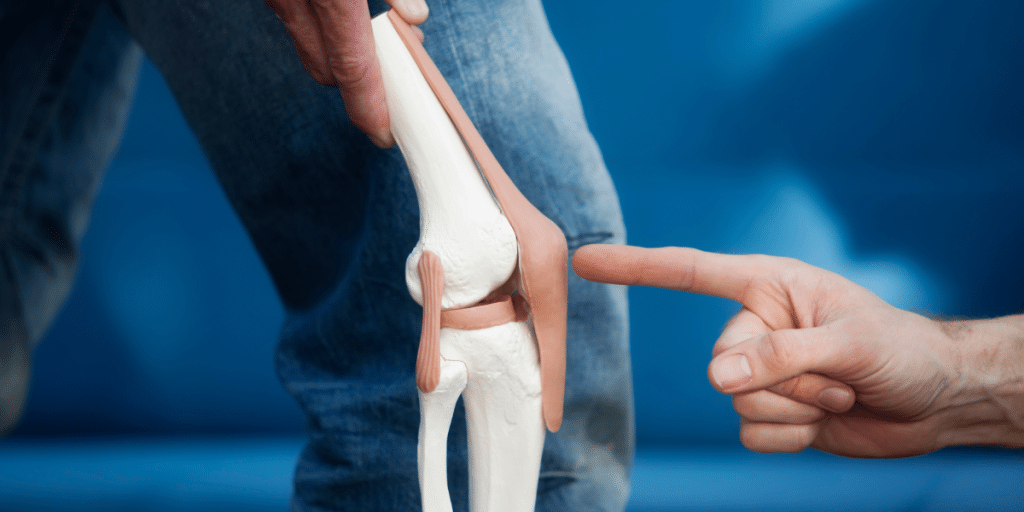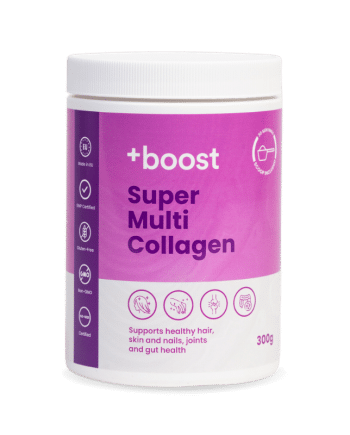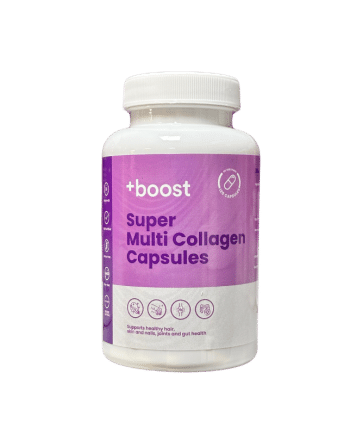Joint pain, stiffness, and reduced mobility—if you’re living with arthritis, you know just how frustrating these symptoms can be. But what if we told you that collagen, the most abundant protein in your body, might be a secret weapon in your joint health arsenal? Let’s break down the science behind collagen and its promising role in arthritis relief, especially for those managing osteoarthritis (OA).
The Basics of Arthritis: Causes, Risk Factors, and Symptoms
“Arthritis” simply means inflammation of the joints, and it refers to over 100 different conditions that affect the joints, tissues around them, and other connective tissues. It’s not a specific disease, but a general category that includes things like:
- Osteoarthritis (OA)
- Rheumatoid arthritis (RA)
- Psoriatic arthritis
- Gout
- Lupus-related arthritis

Arthritis doesn’t usually have one single cause—it often shows up as a mix of different factors coming together over time.
Here are some of the most common things that can play a role:
- Natural aging: Over the years, the cartilage that cushions your joints can slowly wear down. This is why arthritis is more common as we get older.
- Previous injuries: If you’ve ever had a joint injury—like a torn ligament or dislocated knee—that joint may be more vulnerable to developing arthritis later on.
- Genetic factors: Your family history matters. If close relatives have had arthritis, you may have a higher risk of developing it too.
- Weight and joint pressure: Carrying extra weight puts added pressure on load-bearing joints like your hips and knees, which can speed up cartilage breakdown.
- Immune system imbalances: In certain types of arthritis, like rheumatoid arthritis, the immune system mistakenly attacks healthy joint tissue, causing inflammation and damage.
Symptoms of Arthritis Often Include:
- Joint pain and stiffness
- Swelling or tenderness around joints
- Reduced range of motion
- Cracking or grinding sounds when moving
There might not be a cure for arthritis, but the right lifestyle choices—like staying active and using the right supplements—can go a long way in easing symptoms and keeping things from getting worse.
What Is Collagen and Why Does It Matter for Your Joints?
Collagen is like the scaffolding that holds your body together. It supports your skin, muscles, bones, and yes—your joints. More specifically, collagen helps maintain the structure and strength of cartilage, the flexible tissue that cushions your joints and keeps them moving smoothly.
Our bodies naturally produce collagen, however as soon as we turn 20, that natural production starts to decline. This drop can lead to cartilage breakdown, inflammation, and increased joint pain—all hallmarks of arthritis.

What Research Says About Collagen for Arthritis
Several scientific studies have explored collagen’s potential to ease arthritis symptoms. Here’s a snapshot of the most compelling evidence:
🧪 1. Improved Joint Function and Less Pain (2018 Meta-Analysis)
A major meta-analysis published in 2018 looked at multiple studies evaluating collagen supplementation in osteoarthritis patients.
The results?
- A significant reduction in pain scores measured by the WOMAC (Western Ontario and McMaster Universities Osteoarthritis Index)
- A noticeable improvement in overall joint function based on the Visual Analog Scale (VAS)
In simple terms: collagen helped participants feel better and move better.
🏃♀️ 2. Relief from Activity-Related Joint Pain (24-Week Study in Athletes)
Did you know that even younger, active individuals can experience joint pain? A 24-week study observed athletes who supplemented with collagen hydrolysate.
The outcome?
Less joint pain at rest and during movement like walking, standing, or running.
This shows that collagen may not just be for arthritis sufferers—it could benefit anyone dealing with joint stress or repetitive strain.
📈 3. 2023 Review Confirms Collagen’s Efficacy for Knee Osteoarthritis
The most recent and perhaps most promising evidence comes from a 2023 systematic review and meta-analysis. This analysis focused on oral collagen-based supplements and their effect on knee OA symptoms.
Key takeaway: Participants reported significant improvements in both pain and function, making collagen a standout ingredient in natural arthritis support.

Which Type of Collagen Is Best for Joint Health?
Not all collagen is created equal—especially when it comes to supporting your joints. The type that matters most for joint health is Type II collagen, which makes up the bulk of the cartilage found in your joints. This form helps keep cartilage strong, flexible, and better equipped to handle everyday wear and tear.
You might also see Type I and Type III collagen in supplements, which are great for skin, hair, and connective tissue but don’t directly target the joints. If you’re specifically looking to ease arthritis symptoms or support long-term joint function, choosing a supplement with hydrolyzed Type II collagen is your best bet. It’s easier to absorb and more likely to deliver results where you need them most.
If you’re living with joint pain or osteoarthritis, adding collagen to your routine could be a simple, natural way to give your joints the support they need—especially when paired with regular movement and a healthy diet. Many people start to feel the benefits after 8–12 weeks of daily supplementation.
So, what can collagen actually do for your joints?
Supports cartilage repair: Collagen peptides provide the raw materials your body needs to rebuild and maintain healthy cartilage.
Reduces inflammation: Some research suggests collagen may help calm inflammation that contributes to joint discomfort.
Strengthens connective tissue: It can help reinforce tendons and ligaments, which adds overall joint stability and support.
As always, it’s a smart idea to check in with your healthcare provider before starting any new supplement—especially if you’re managing a medical condition or taking other medications.
Final Thoughts: Collagen Is More Than Just a Beauty Booster
We often hear about collagen for glowing skin and healthy hair, but its benefits go far beyond beauty. As you’ve seen throughout this blog, more and more research is showing that collagen can actually help ease joint pain and improve mobility—especially for those dealing with arthritis.
FAQs
How long does it take for collagen to help with joint pain?
Most people start noticing improvements in joint comfort and mobility after about 8 to 12 weeks of daily use.
What type of collagen is best for arthritis?
Hydrolyzed collagen (also called collagen peptides) is the most studied and easily absorbed form for joint support.
Can I take collagen with other supplements or medications?
In most cases, yes—but it’s always best to check with your healthcare provider, especially if you’re on medication or managing a health condition.


